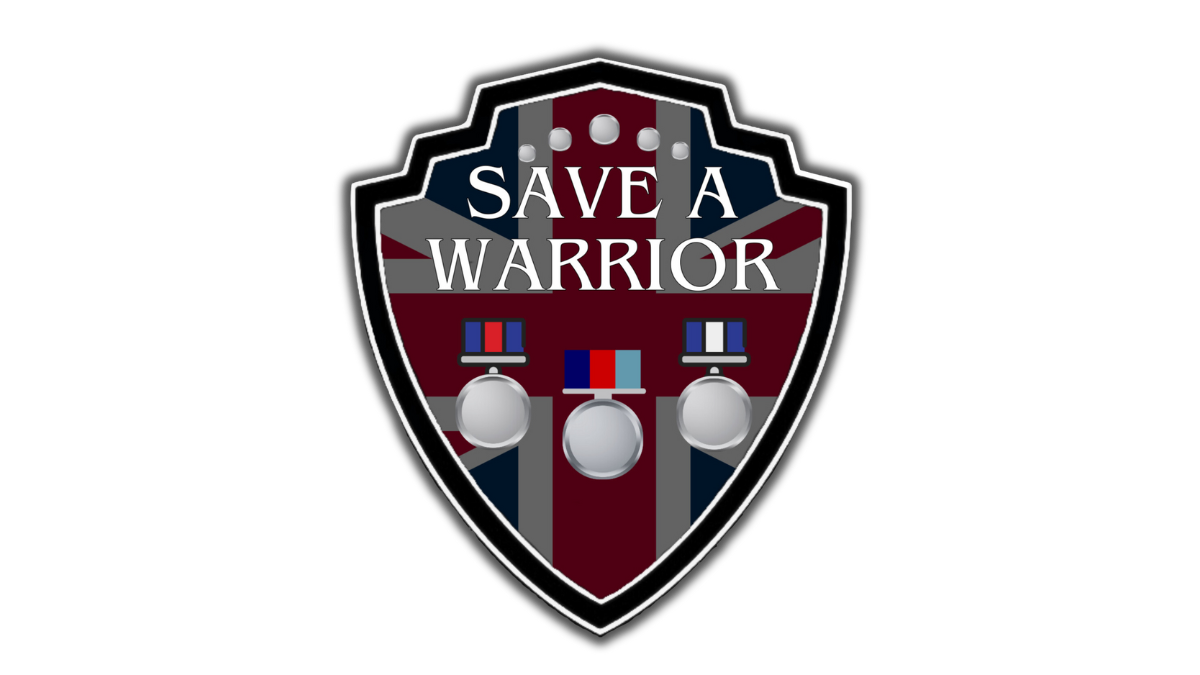PTSD Symptoms
Post-Traumatic Stress Disorder (PTSD) doesn’t always look like it does in the movies. It’s not just flashbacks or nightmares. For many, trauma hides behind sleepless nights, irritability, avoidance or the sense that life has lost its colour. If you’re worried about someone close to you, recognising these signs can be the first step toward helping them find peace.
What PTSD Looks Like
Common signs and behaviours
PTSD symptoms can appear weeks, months, or even years after the trauma. They often weave into daily life so subtly that both the individual and those around them struggle to connect the dots.
According to the NHS, the four main categories of symptoms are:
Re-experiencing: distressing memories, flashbacks, or nightmares that feel as vivid as the original event.
Avoidance: steering clear of people, places, or conversations that remind them of what happened.
Hyperarousal: being constantly “on guard”, jumpy, irritable, unable to sleep or relax.
Negative changes in mood and thinking: guilt, shame, hopelessness, detachment, or emotional numbness.
You may notice:
Sudden anger or withdrawal after certain noises or smells.
Losing interest in activities once loved.
Reactions that seem extreme.
A partner who no longer laughs, plans, or dreams like before.
These are not character flaws or weaknesses. They are the body and mind trying to stay safe in a world that once proved dangerous.
How PTSD Affects Families and Workplaces
When someone carries trauma, everyone around them feels the weight. UK studies have found that PTSD symptoms significantly impact relationships and employment stability, especially among veterans transitioning to civilian life.
The research shows that when we loose one person to suicide 135 people are exposed to the loss of life.
Talking About PTSD Gently
It’s natural to want to fix things quickly. But when trauma is involved, urgency can feel like threat. The goal is to offer safety, not solutions.
Try this approach:
Notice patterns without blame.
“I’ve seen how hard sleep has been lately. That must be exhausting.”Invite conversation, don’t demand it.
“Would you want to talk about what’s been on your mind sometime? Only if you feel ready.”Normalise help-seeking.
“A lot of people from service backgrounds struggle like this. There are good programmes that actually work.”Keep calm during reactions.
If they shut down or snap, hold steady. You’re not their enemy. You’re their safe anchor.
Consistency matters more than perfect words. Be the calm that reminds them the world can still be safe.
How We Can Help?
At Save A Warrior UK, we meet veterans and first responders where they are, not where the world expects them to be.
Our 72-hour immersive experience, followed by 500 days of support, helps men face the root of their trauma and rebuild healthy connections with themselves, family and friends.
You don’t need to convince your partner right now. You can:
Get to know us through our social media channels.
Visit our events or volunteer for a day.
Read the stories of those who’ve completed the journey.
When they’re ready, you’ll know.
For when they’re ready to take the next step
Healing begins with understanding. Whether you’re searching for answers or support, you’ve already started on the path to healing.



